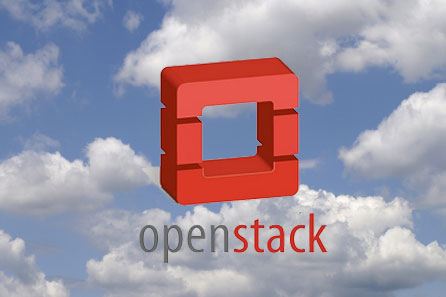It’s a major coup for OpenStack – PayPal is replacing VMware deployments on about ten thousand servers with OpenStack, said Reuven Cohen, a Forbes Contributor, citing an interview with Boris Renski, co-founder of Mirantis, an OpenStack consultancy and an OpenStack Foundation board member in Business Insider.
But that’s just the beginning, Renski said. “The grand vision for the project is, over time, they will replace all of their virtual infrastructure with OpenStack, not just PayPal, but PayPal and eBay, together,” Renski said, which adds up to about 80,000 servers across the auction and retail payment giants’ data centers, he said.
PayPal has long been committed to open source technology and to supporting the efforts of the open source community. They’re not the only business to embrace OpenStack, the platform originally developed by NASA and cloud provider Rackspace.
Today, over 800 organizations and 6,000 developers around the world from companies like Rackspace, NASA, Hewlett Packard, Cisco, EMC, AMD, and NetApp contribute to OpenStack, fostering new innovations and improvements to cloud computing solutions. Why are they making the switch?
The main draw of an open framework lies in the community approach. With a large user, developer, and support base, open source platforms tend to be more mature, reliable, scalable, and, of course, affordable, since the code is licensed under Apache and is available to anyone who can run it. These factors can foster constant innovation, and most known security issues are rapidly being eliminated. In addition, open source solutions can be highly customized to fit the needs of any business, and also eliminate the problem of proprietary vendor lock-in.
News of VMware being dropped is interesting for a number of reasons, said Forbes’ Cohen. Primarily, the move shows the shifting view of virtualization and related services, and how they are being purchased within larger enterprise contexts, Cohen said. It seems that most larger enterprises, like those that use OpenStack, are finding the freely available, highly customizable solutions a better, more reliable and secure investment, he said. And while the code is free, many companies and consultancies exist solely to advise businesses on how to adopt, manage and maintain an open source platform or solution. But it seems a price businesses are more than willing to pay.
“Companies like eBay and Paypal spend millions on [their] data center infrastructure and view these as a competitive advantage. It seems that larger web companies are beginning to prefer custom ‘packaged’ infrastructure software with specialized consulting over more traditional approaches,” he said.
This doesn’t mean that virtualization technology, pioneered by VMware, will ever lose its value; the technology is still very crucial to many datacenters, both on-site and residing in the cloud. But, as Cohen points out, VMware’s been thrust into a tricky situation. On one hand, VMware is a competitor of open source solutions like OpenStack. But on the other, the virtualization giant is a member of the OpenStack foundation.
Last October VMware announced support for its ESX hypervisor in OpenStack. VMware also owns cloud networking firm Nicira, which has done extensive work on the virtual networking Quantum project. VMware also partners with Piston Cloud to integrate its Cloud Foundry platform-as-a-service (PaaS). And finally, VMware’s RabbitMQ, an open source middleware-type application deployment project, is also used heavily within the OpenStack community, Cohen said.
As more and more businesses realize the benefits of OpenStack, PayPal certainly wasn’t the first to shift to an open source platform. And they won’t be the last.
Sharon Florentine is a freelance writer who covers everything from holistic veterinary care to data center technology and occasionally blogs for cloud provider Rackspace Hosting.









